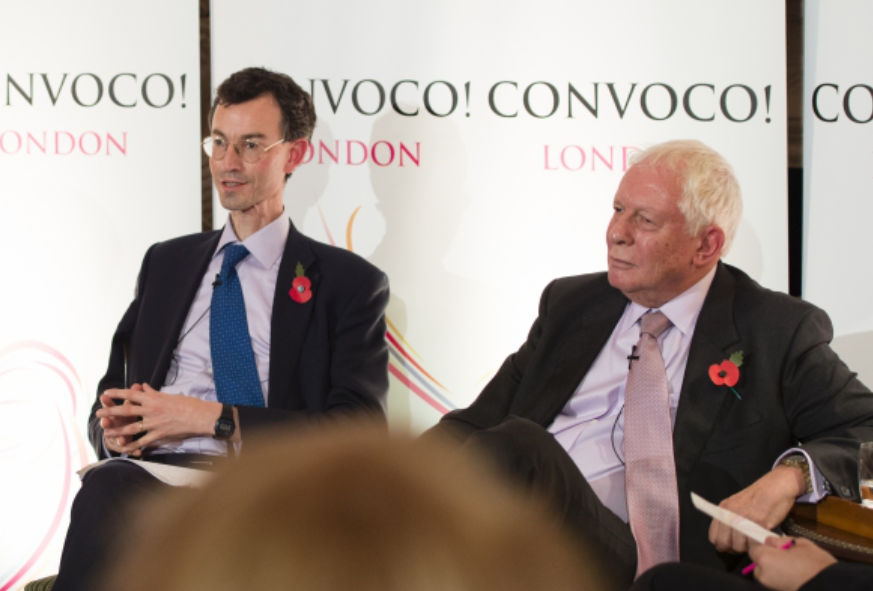This time, we give you a taste of last month’s lecture by Brendan Simms on the topic “The Paradox of German Power and Powerlessness in Europe. A Historical Perspective.”
Germany’s historic role
The German Question has mutated over more than half a millennium. For about four hundred years, Germany was too weak. The question was how to mobilize the Germans in defense of the balance of power, and how to prevent them from falling into the hands of a hegemon. For about eighty years after unification in 1871, Germany was too strong and threatened world peace. Then followed about half a century in which Germany was relatively weak in political terms, and contributed far less to the western cause than it could have done. BRENDAN SIMMS
Germany today
Today, Germany is both too strong and too weak, or at least too disengaged. Her austerity policies and her unilateralism in the refugee question suggest an excess of German power to critics, while her strategic weakness in the face of Russian aggression and societal breakdown in the Middle East seems to suggest the absence of power, or at least of a sense of responsibility. BRENDAN SIMMS
Successful unions are events rather than processes
History shows that successful unions have resulted not from gradual processes, but through sharp ruptures. They come about not through evolution but with a “big bang”. A European political unity therefore requires a single collective act of will, by its governments and elites, and ultimately by its citizens. BRENDAN SIMMS
“The German and European questions need to be settled in one stroke, for to settle the one is to settle the other.”
Brendan Simms
The need for a European demos
Unless there is a European demos, sovereignty can’t be exercised. The difficulty we have with Europe is that we don’t see ourselves as sufficiently European. Do the Germans? Do many other countries in Europe? SIR PAUL LEVER
Remembering the Harmel Doctrine
If the global circumstances change, the European Union and Germany in particular will not get away with the emphasis on economy and soft power in the future. The Harmel Doctrine needs to be remembered. It advocates a strong military defense combined with good diplomatic relations. On the one hand, you have to make absolutely clear that you are able and ready to defend your interests; on the other hand, you should always keep the door open to reengage. Europe as a whole needs to realize that it has neglected the military aspect. THOMAS MATUSSEK
CONVOCO Revisited: Collective Law-Breaking: A New Concept of Law
On the global level, we are observing right now the evolution of a new concept of law.
The rule of law once established to be obeyed, does not necessarily need to be applied anymore. It functions more as a recommendation. This can be seen with regard to European law in particular. CHRISTOPH PAULUS in the Q&A of the CONVOCO London lecture
Articles by Brendan Simms
Defend the West – Is it Time to Re-arm?
A Crisis without End – The Disintegration of the European Project


